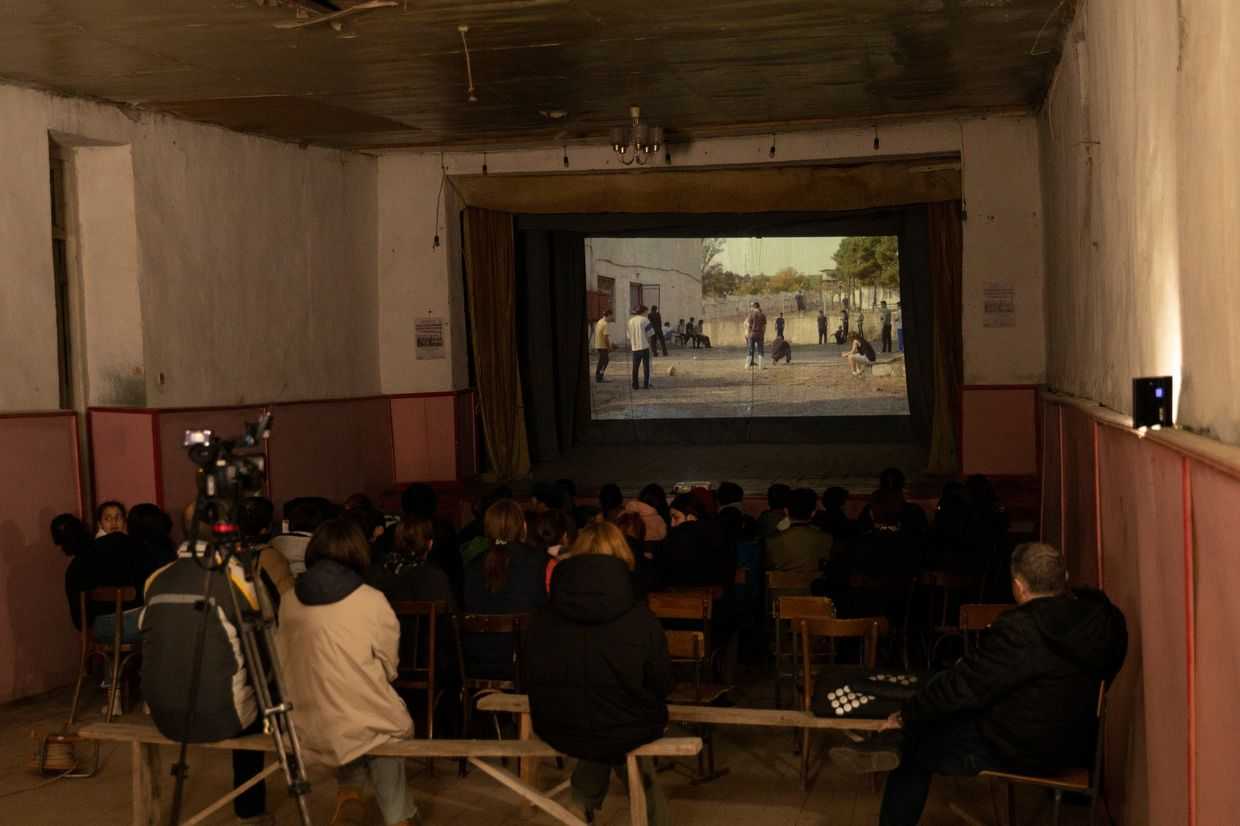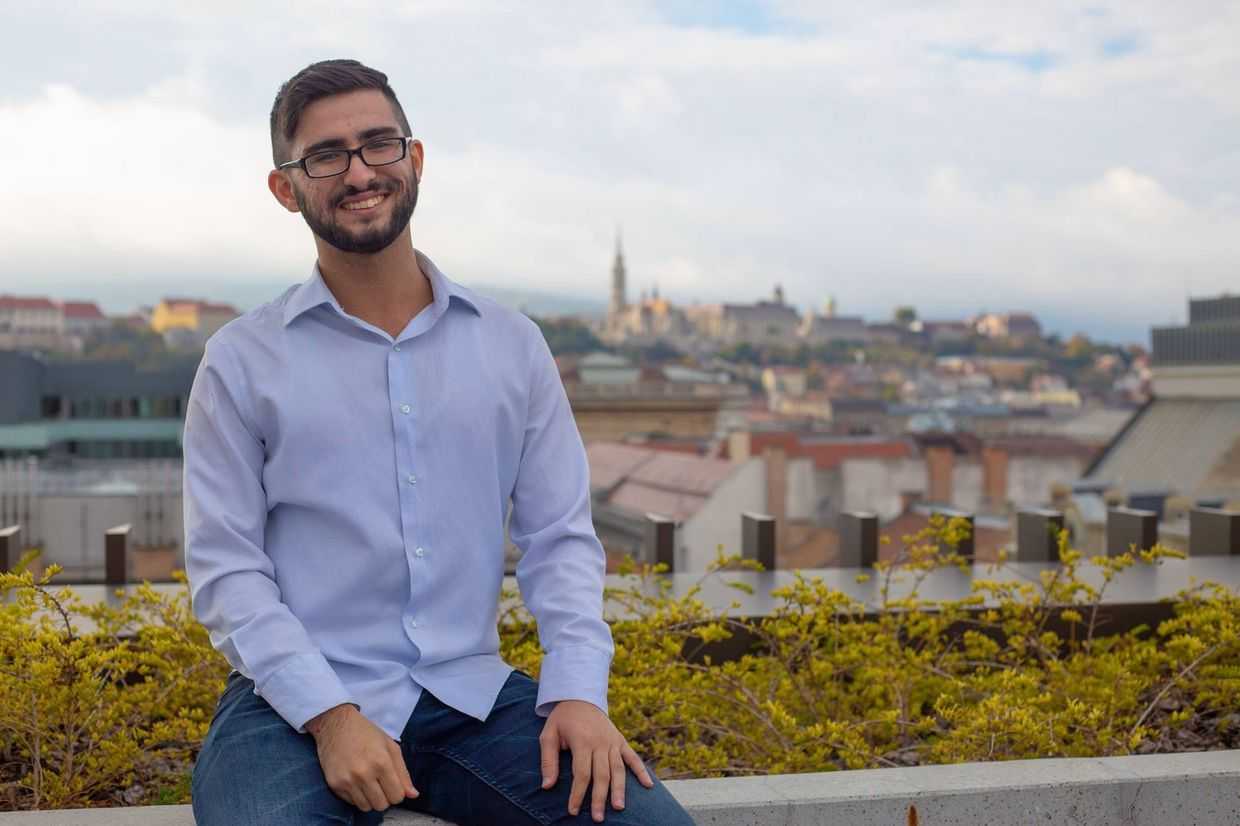
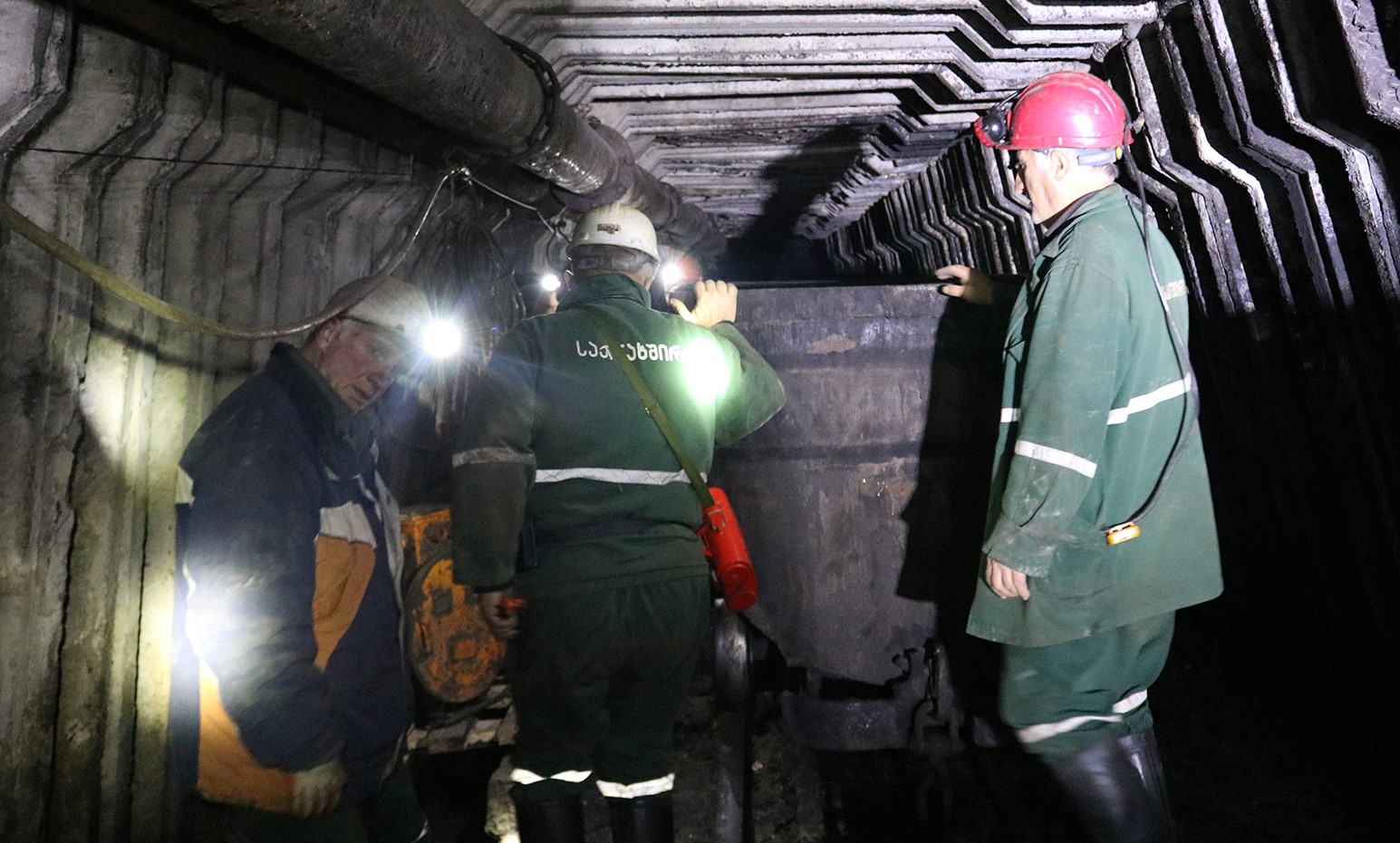
When an explosion in the Mindeli mine in the west-Georgian town of Tkibuli killed four and injured six, coal mining in the town briefly shut down. In the interim, some miners have sought work abroad, while others stayed to work for new owners. In either case, the miners found little respite.
Khvicha Gabunia, 32, is an economist by training. Ten years ago, after failing to find a job in his field, he started working in the Mindeli mine — the only operating mine in Tkibuli, and its largest employer.
‘Tkibuli would not exist without the mine,’ he told OC Media.
Roughly 1,200 people are employed by the mine, 13% of the town’s population.
In July 2018, when an explosion in the mine killed four miners and injured six others, coal mining in Tkibuli was put on hold. As a result of an agreement with Saknakhshiri LLC, the mine’s former operator, and the Georgian government, the unemployed miners would continue to receive their salaries until the mine reopened. But three months after the mine shut down, the payments stopped as Sakhnakshiri announced they had run out of money.
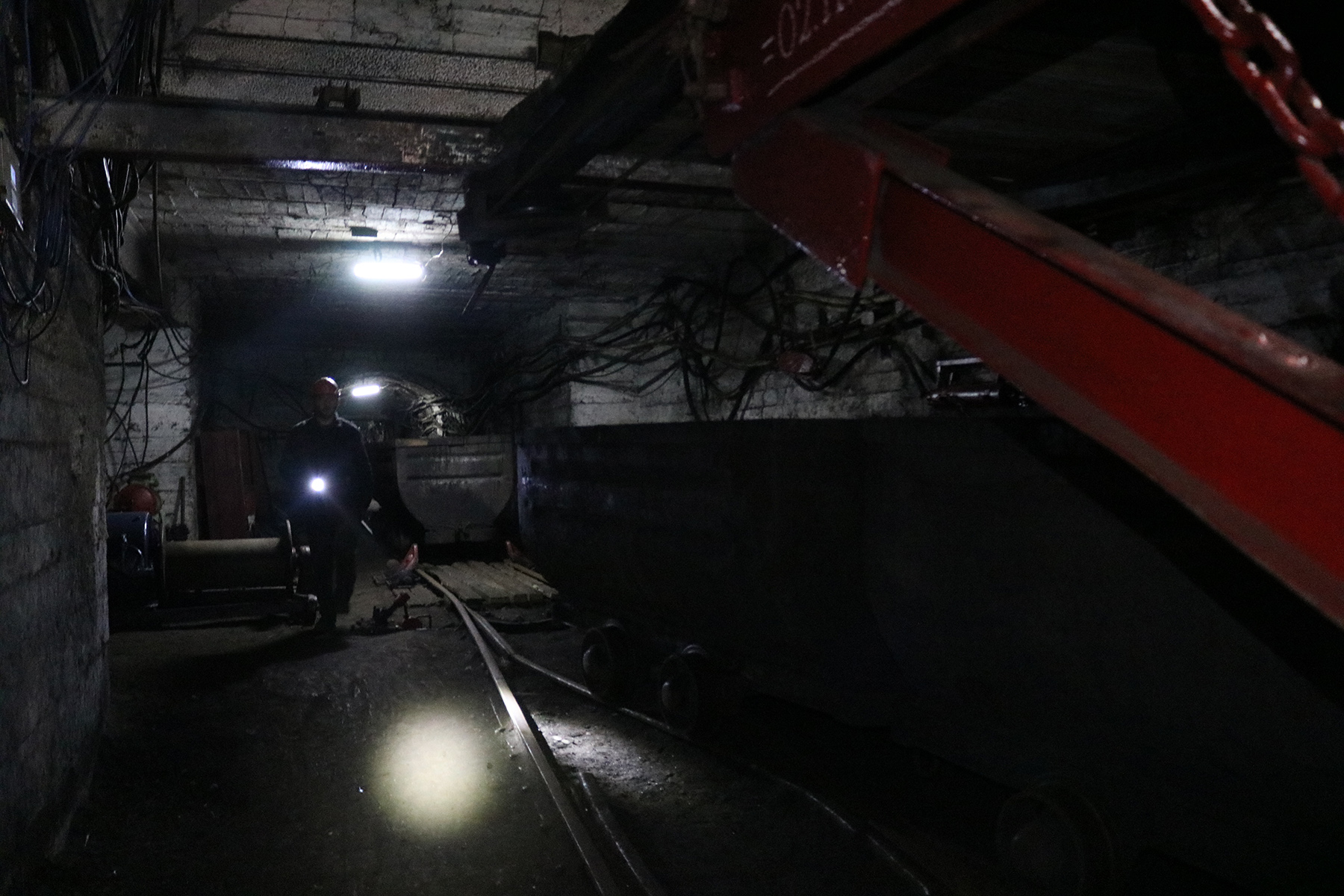
Some miners sought work abroad, moving to the Polish mining city of Katowice, where they hoped to find a better life. Others stayed to fight for the money they were owed. Now, after a successful protest and a change in ownership, the mine has reopened, but many workers fear that little will change for the better.
[Read more on OC Media: Tkibuli miners occupy mine shaft demanding overdue salaries]
Fatal accidents
According to information obtained from Georgia’s Ministry of Internal Affairs, during the last 10 years, a total of 38 people have died at the Mindeli mines.
According to Prosecution Service of Georgia, an investigation has been launched into 16 of the cases. In six cases, investigators did not find any ‘signs of crime’.
Only seven cases were found to have been a result of the violation of safety rules. Fifteen people were prosecuted and three cases are still being investigated.
Raisa Liparteliani, Vice President of the Georgian Trade Unions Confederation, told OC Media that the main problem with despite the criminal investigation Saknakhshiri LLC’s top-management, the real criminals according to her, were let off the hook.
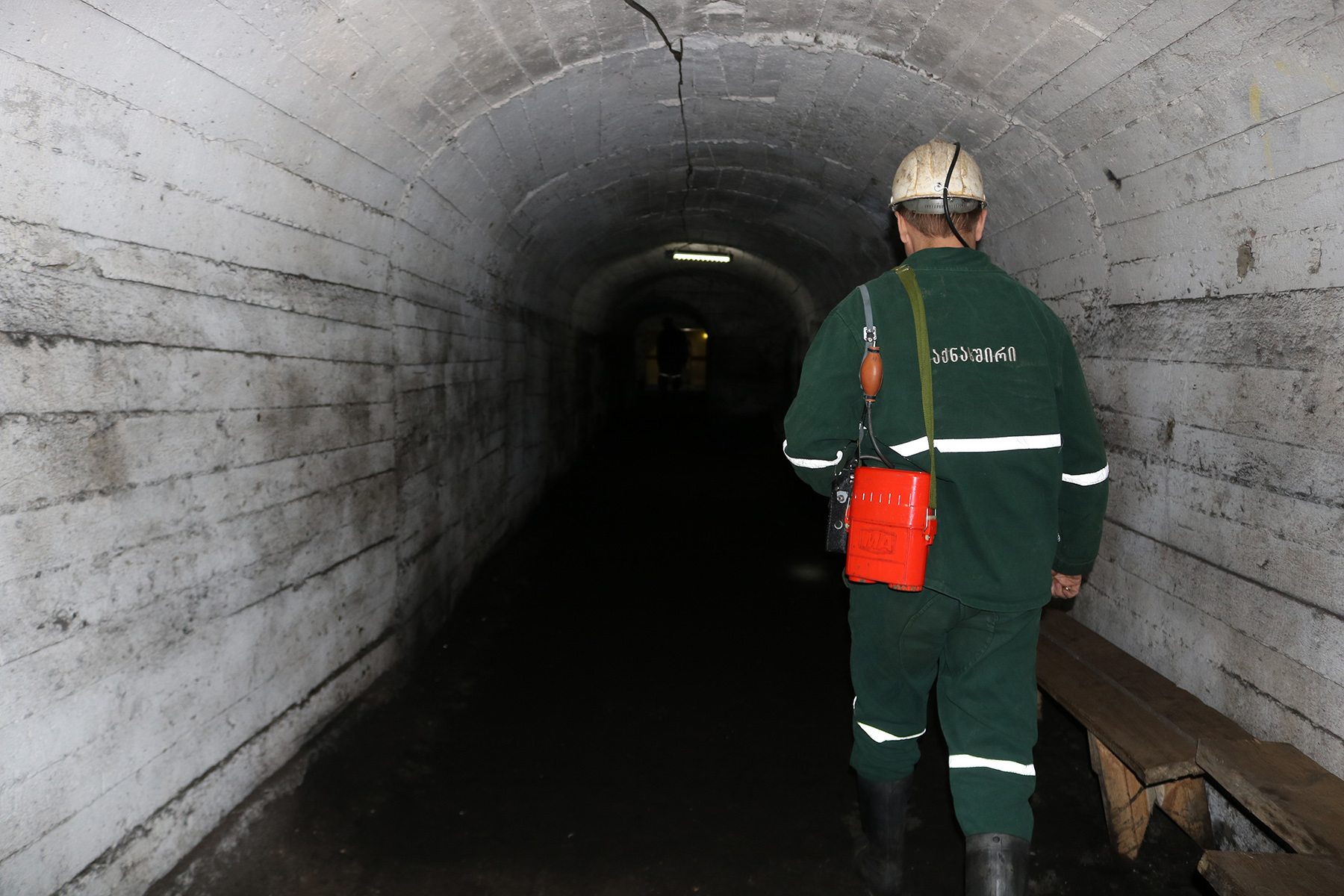
‘When the family of those who are killed see that innocent people are sitting in the defendant’s chair they don’t take cases to court’, Liparteliani said.
The Deputy head of the Georgian Trade Unions Confederation and former president of the Trade Union of Metallurgy, Mining and Chemical Industry Workers, Tamaz Dolaberidze is positive about the mine’s new owners and is expecting positive developments.
‘The new company pays attention to discipline and safety, and the attention they give to [safety] recommendations […] gives us hope’, Dolaberidze told OC Media.
Miners and their relatives, however, are not so optimistic.
Mindia Bzhalava, 35, is an employee of the Tkibuli mine. Unlike former employees of Tkibuli mine, says that it is not about the mining company or about regulations, he says it is up to each miner himself to stay alive.
‘I don’t know, maybe Tkibuli is cursed’, he told OC Media. ‘Mining is very dangerous work, it requires awareness and caution.’
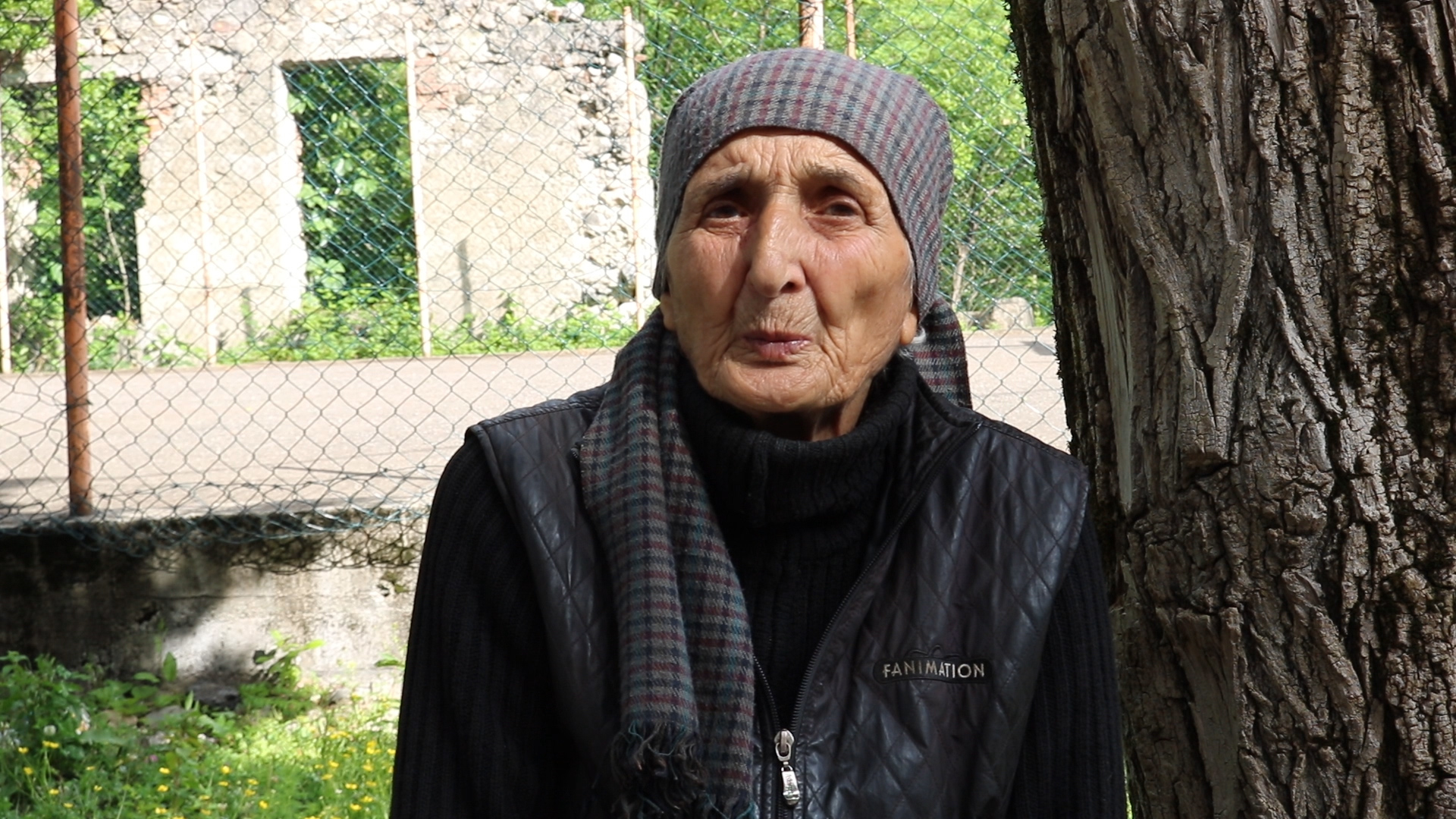
Mediko Tsereteli, a resident of Tkibuli, recalls how different life used to be in Tkibuli and that tragic mine accidents used to happen less often.
Sixteen-year-old Medea Migineishvili’s father has been working in the Mindeli mine for many years. However, after he was injured in a workplace accident he could no longer keep working and is now unemployed.
In spite of multiple diplomas and no lack of talent, Medea said, her father had to work in the mine because there is no other way to survive in Tkibuli.
‘Every morning, my father had to go to the mine to work, and I would tell him, “Don’t forget that in the house your elderly mother and your young daughter are waiting for you.” Our people here have to sacrifice their lives just to exist.’
‘There were so many tragedies’, she added. ‘I feared that my father could be next.’
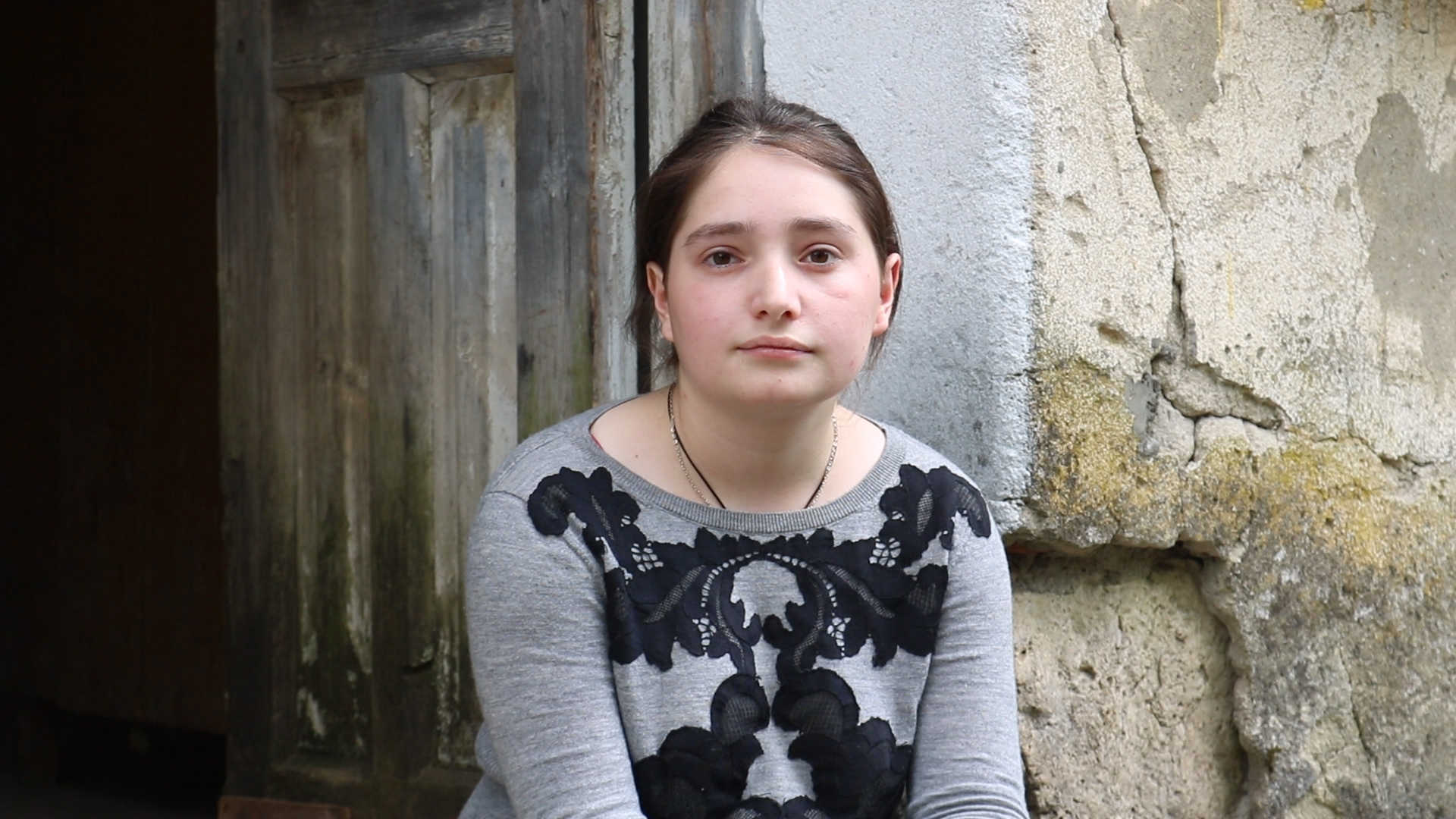
Medea thinks that Tkibuli got used to tragedies, that miners dying became the norm. She said that she believes nothing will change in the city until people stand together and unite — but she doesn’t see how that could be possible nowadays.
‘What else can we do when there is no work in our hometown?’
Murtaz Meskhoradze moved to Poland in November 2018 after the Mindeli mine shut down. He found work in Katowice, earning ₾1,500 ($500) a month, around double his salary in Georgia.
Yet despite the better pay, he says he rapidly became disillusioned with the working conditions offered to him in Poland. Perks like end-of-year bonuses and higher pay for working on public holidays were not offered to Georgian workers, he says.
‘It’s tough to be treated so unfairly, but what else can we do when there is no work in our hometown?’
According to the Polish Migration Service, there were about 250 Georgian citizens living in the Silesia region in 2019, out of a total of 5500 in Poland. Georgians make up around 1% of the migrants in Silesia, government statistics say.
Guram Kirkitadze moved with his brother, Giorgi, to Katowice in February 2018.
The Kirkitadzes fled poor working conditions and low salaries of around ₾900 ($300) a month in Georgia. In Poland, they made a maximum of $1,000 a month – three times more.
Yet after a six-month stint in Polish coal country, the brothers returned to their home region of Imereti, in western Georgia.
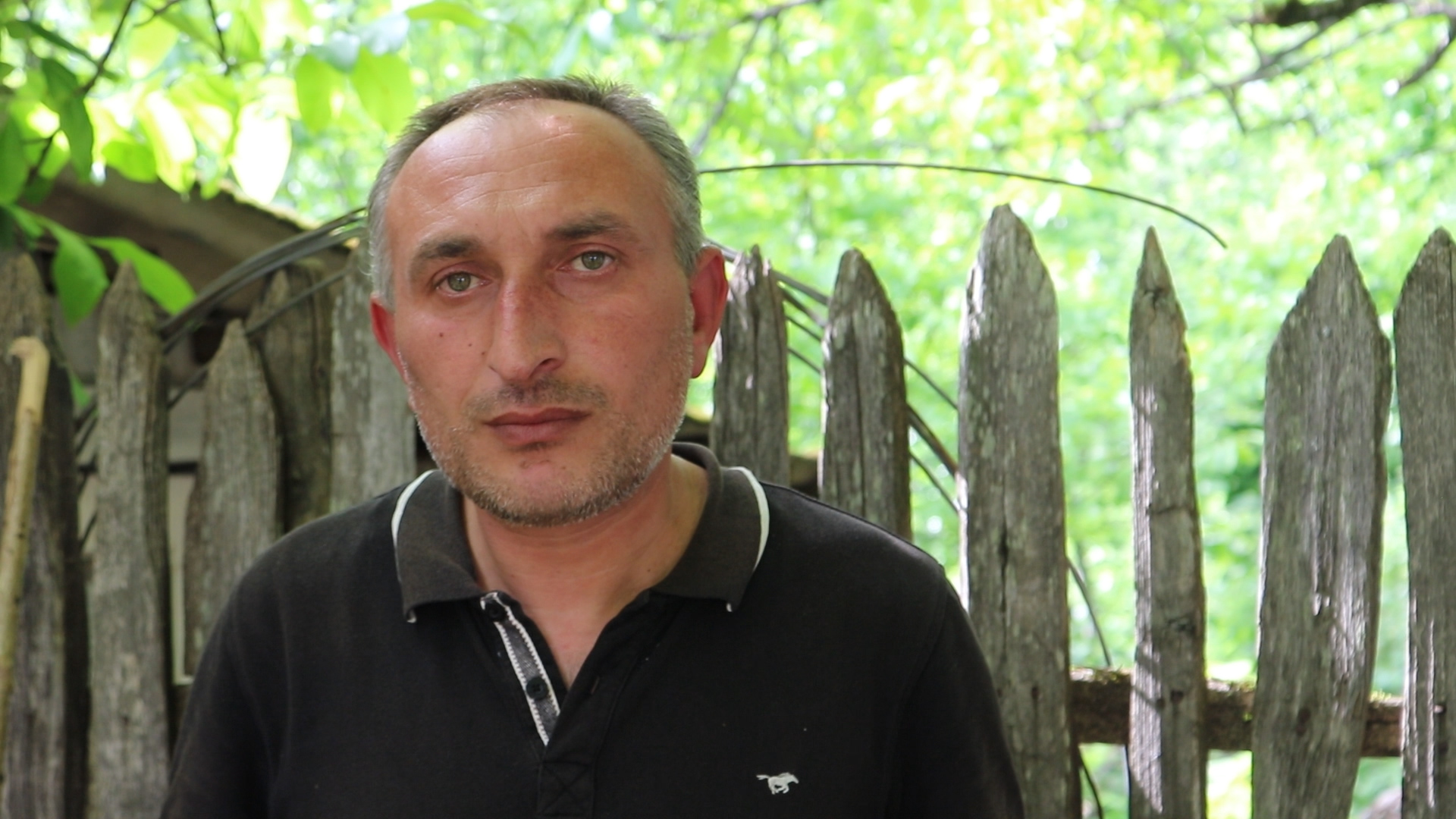
Kirkitadze says he was repeatedly cheated and taken advantage of by the Mamuka Chikhladze, the middleman who arranged his work in Poland.
Before he arrived in Poland, he was told he would be paid €1,000, not $1,000, around 10% less. He was also told that his employer would cover the cost of his apartment, but the company only paid half of his rent.
‘We were taken advantage of because we did not know Polish,’ Kirkitadze says. The brothers now work in a manganese mine in Chiatura, western Georgia.
‘It is better to receive ₾500 ($170) in Georgia than $1,000 abroad,’ he said.
‘Because we did not speak Polish, we were paid less than Polish citizens anyway,’ adds Kirkitadze.
He still hopes to return to Poland again one day, this time, without a middleman.
‘Georgians have forgotten how to work’
Mamuka Chikhladze denies accusations that he is cheating miners and says that they are offered a lower wage of 17 złoty ($4.50) per hour in the first month of employment, a trial period. Chikhladze says he has found work for 80 Georgian miners in Poland.
He arranges work not only for experienced miners but sometimes tries to send men with no mining experience to Katowice as well.
According to Chikhladze, the reason Georgians choose to return from Poland is that they are not used to ‘hard work’.
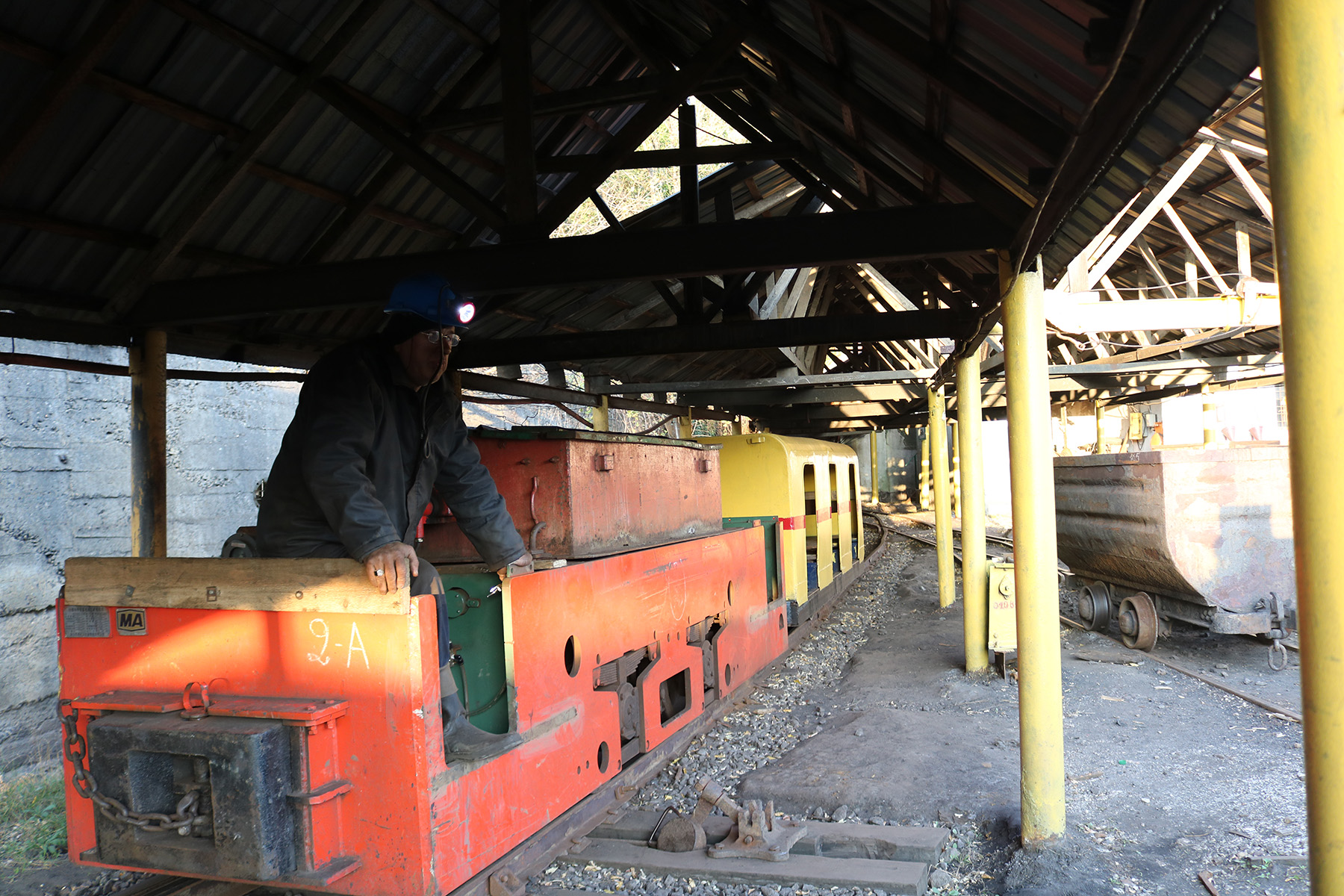
‘Georgians have forgotten how to work’, he told OC Media. ‘Manual labour is tough. That’s why three in 10 return. Some are uneducated, others get drunk and get themselves deported.’
Miners who had travelled to Poland through Chikhladze told OC Media that his accusations are untrue. As an example, they say that no miners have been deported from Poland for drunkenness or improper alcohol consumption.
The Miners Union of Poland did not respond to questions from OC Media regarding working conditions for migrant miners in Katowice.
‘Safety rules are strictly adhered to’
Miners who returned from Poland and those still working in the central European country told OC Media that, unlike in Georgia, they feel secure in the mines — and not only because of modern mining equipment, but also because of the attitude towards workplace safety.
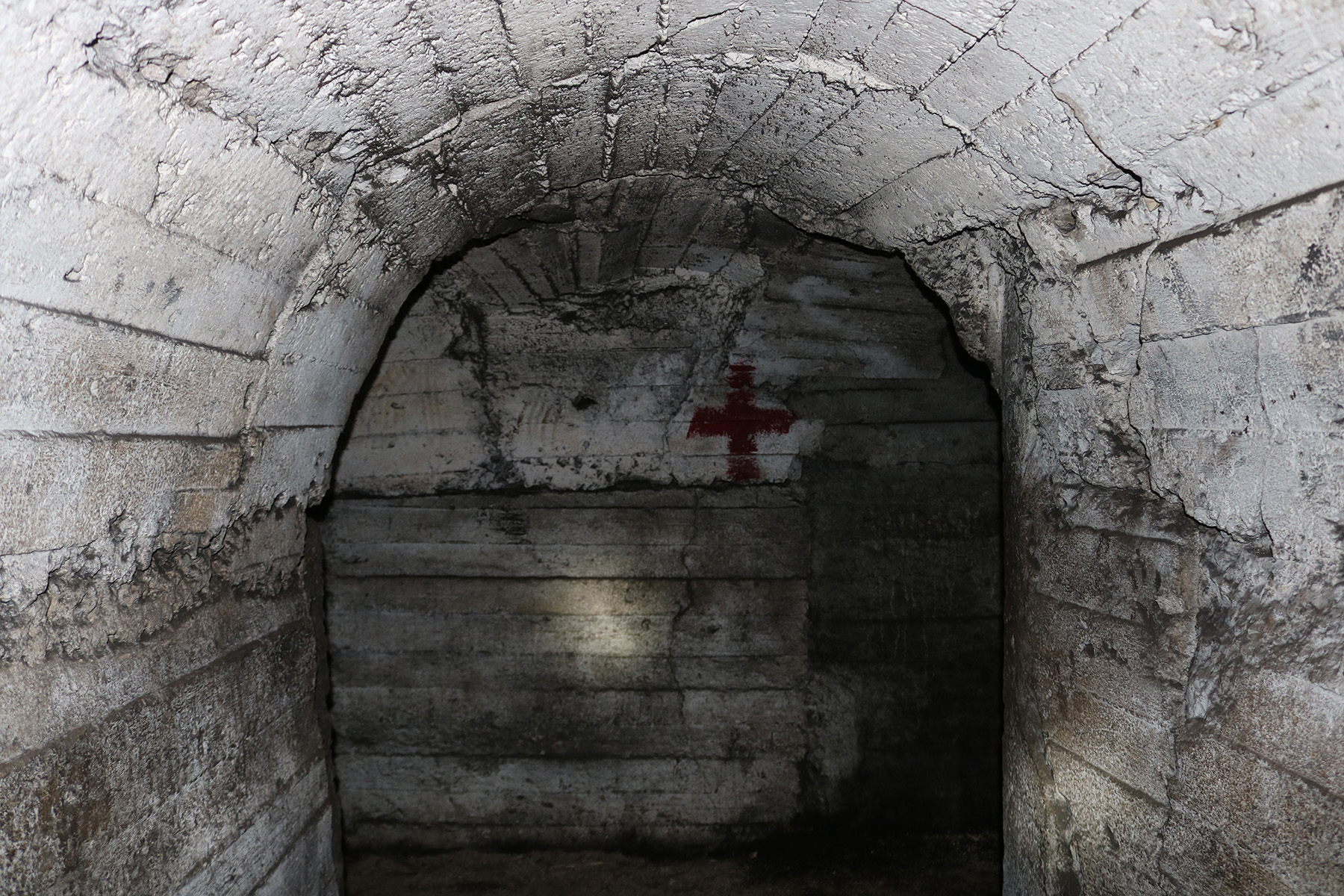
‘Safety rules are strictly adhered to. The main thing is to perform the task safely, and if you choose not to perform a task because it is unsafe, no one will punish you for that. In Tkibuli it is the opposite’, Murtaz Meskhoradze said.
There is a mining inspectorate in Poland, and no one knows when it will monitor the mine. In case they find some violations of safety norms, the company can very easily [lose its mining license]. In Tkibuli, the company is warned two months in advance of when the inspectors arrive’, he added.
Tkibuli miners say that the former administration’s officials were only interested in coal extraction and that to earn their salary the miners had to ‘risk their lives’.
‘The company used to say to us, “if you do not like the conditions — go”. I did not have any other place to go and that is how I was chained [to this job]’, miner Amiran Bakurdaze told OC Media.
Workers report that Sakhnakshiri LCC failed to provide them with necessary work and safety equipment. Tools as simple as saws and axes, as well as basic gear like work boots, all had to be brought from home.
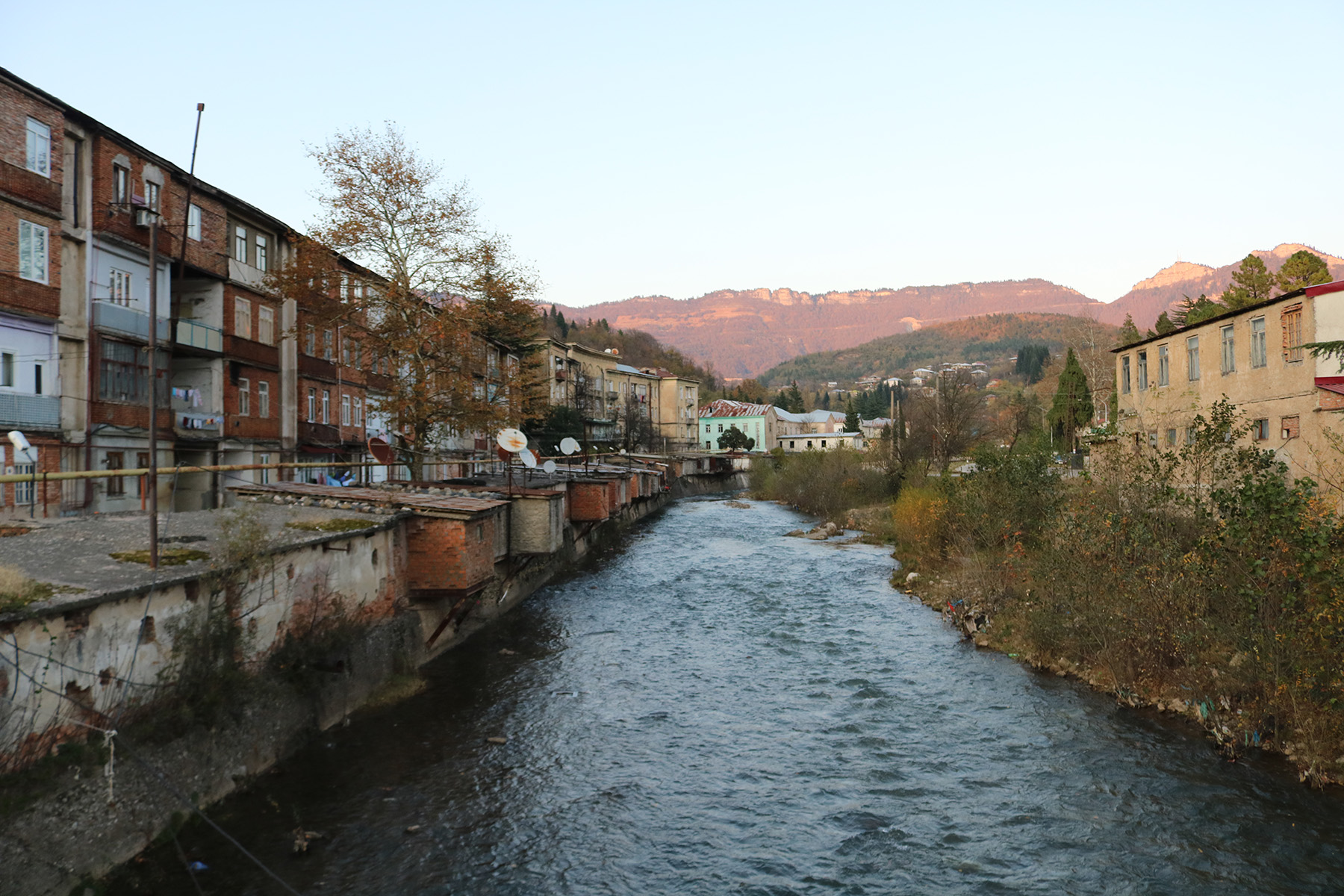
Even the most major safety issues went unaddressed.
According to Guram Kirkitadze, before the mine accident when a ventilation pipe carrying explosive gases ruptured, in spite of workers’ complaints Saknakhshiri LCC refused to repair or replace it.
Today, Tkibuli miners have told OC Media, that despite the mine coming under new ownership, the ventilation problem is still not resolved.
According to the Head of the Investment Policy and Support Department at the Georgian Ministry of Economy, Giorgi Edilashvili, said that an inspection out the mine carried out by the Agency of Technical and Construction Supervision found no significant problems.
As for the ventilation, Edilashvili told OC Media that it is the responsibility of the company to address the issue.


